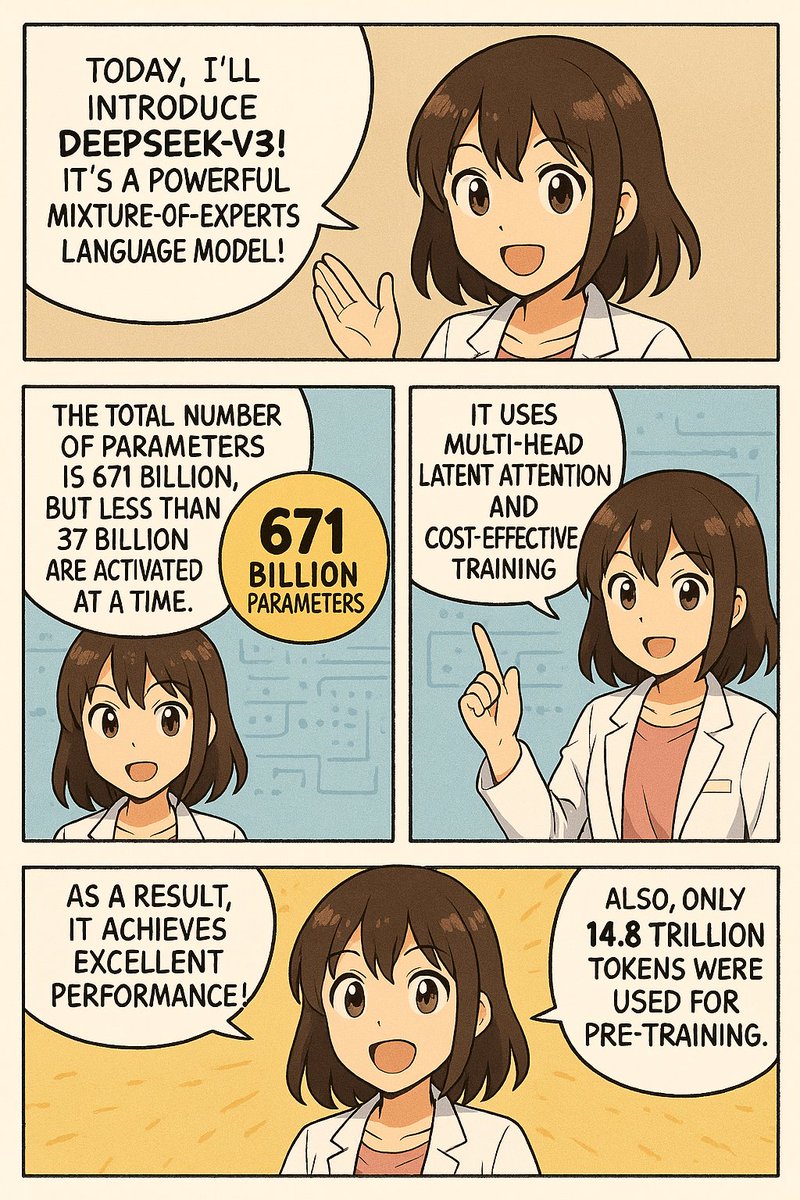The Tesla team discussed how they are using AI to crack Full Self Driving (FSD) at their Tesla AI Day event.
They introduced many cool things:
- HydraNets
- Dojo Processing Units
- Tesla bots
- So much more...
Here's a quick summary 🧵:
They introduced many cool things:
- HydraNets
- Dojo Processing Units
- Tesla bots
- So much more...
Here's a quick summary 🧵:
They introduced their single deep learning model architecture ("HydraNet") for feature extraction and transforming into a "vector space" 

This includes multi-scale features from each of the 8 cameras, integrated with a transformer to attend to important features, incorporating kinematic features, processing in a spatiotemporal manner using a feature queue and spatial RNNs, all trained multi-task learning.
Next, they discussed their labeling pipeline‚ which is all done in-house. The way they do this is by labeling directly in this "vector space" 

The Tesla team also discussed their Dojo supercomputers, which are specialized supercomputers for machine learning!
While the hardware is still in development, they are developing exaflop-level servers!


While the hardware is still in development, they are developing exaflop-level servers!



Then, out of nowhere, @elonmusk introduces Tesla Bot!
The Tesla AI team is designing and building a humanoid bot to perform repetitive tasks, using the AI algorithms originally used to develop FSD.
The Tesla AI team is designing and building a humanoid bot to perform repetitive tasks, using the AI algorithms originally used to develop FSD.

I have only covered the tip of the iceberg!
Check out the recording here:
Check out the recording here:
A quick clarification: the RL-based techniques are not used in production for planning and control yet but they are exploring it currently... Nonetheless, it is still very exciting and interesting!
https://twitter.com/kaushikpatnaik/status/1428600622694100998
• • •
Missing some Tweet in this thread? You can try to
force a refresh



















